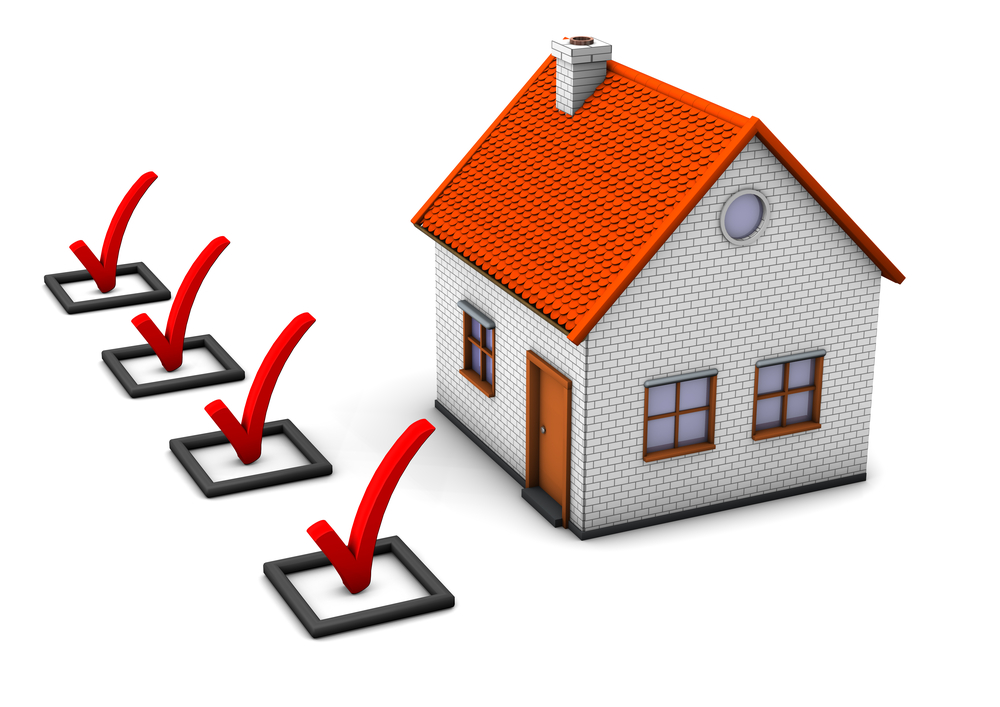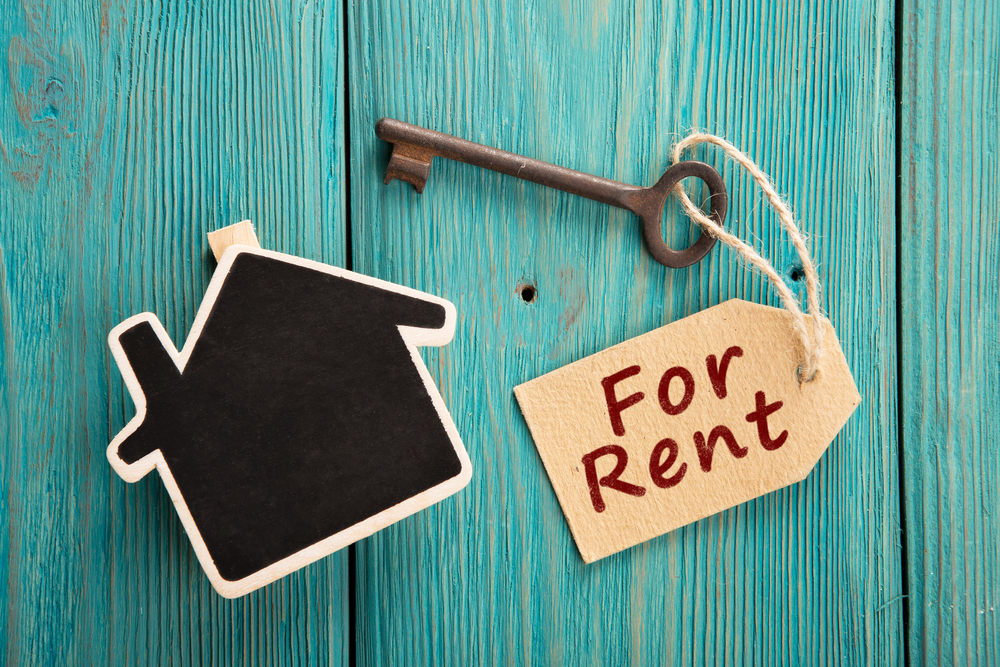Some work-from-home jobs receive a bad reputation because they pay low wages, involve repetitive work, and are heavily micromanaged.
But if there’s one positive outcome of the pandemic, it’s that it’s never been easier to land work-from-home jobs.
If you’re looking for a way to work from home in a way that will push you to grow professionally — whether you’re a software engineer, a web developer, a technical support worker, a product management professional, or anything in between — there’s no shortage of full-time jobs for remote workers.
If you need some extra cash on your journey to homeownership, a work-from-home job may be just what you need to get over the finish line and cobble together a down payment.
With that in mind, check out our list of the 15 best work-from-home job opportunities.
1. Social media manager
Would you like a remote position that goes beyond ads and plain marketing? Maybe you’d enjoy working as a social media manager.
By improving their company’s online presence, connecting with potential clients on a deeper level, and increasing brand awareness, social media managers can help their organization get to the next level. If you’re keen on using platforms like Instagram, LinkedIn, Twitter, and Facebook, this gig might be the perfect fit.
If you’ve got a full-time job already, you might be able to last a side hustle managing a startup’s social media properties.
Earning potential: $16-$22/hour
2. Web/software developer
Web and software developers are tasked with creating and maintaining websites, programs, and applications. Remote work has been prevalent in this field for a long time, even before the pandemic.
If you’re a creative problem-solver who’s a solid programmer and isn’t against connecting with colleagues over platforms like Slack and Zoom, this could be the ideal job for you.
Earning potential: $98k-110k/year
3. Customer service representative
One of the easiest work-from-home jobs is working as a customer care representative, who answers questions, solves problems, and assists with orders. Instead of doing this in a call center, job seekers can land customer support jobs that enable them to work out of their own homes.
These positions, however, aren’t as flexible as other work-from-home positions, many of which allow you to set your own schedule. If the shift is from 8 a.m. to 5 p.m., reps are expected to be available the entire time.
Earning potential: $12+/hour
4. Content writer
Every industry requires a wide variety of written material, so writers are always in demand. Writing is perfect for home workers since you only need a laptop to do the job.
In the advertising and marketing industry, copywriting is a top choice for anyone looking to make money. Reporters, product reviewers, and bloggers are always in need of editors and proofreaders who can polish copy — and SEO professionals who know how to get content to rank near the top of search engine results.
Additionally, there are also money-making opportunities in technical writing and transcription. In a nutshell, having good writing skills can help you earn a decent amount of money while working from home.
Earning potential: $36k-$100k+/year
5. Grant writer
Nonprofit organizations, universities, and hospitals often apply for grants. Due to the difficulty of writing these applications, these businesses often post job listings on job boards looking for talented grant writers.
If this is something that interests you, conduct a quick job search on sites like Upwork and Flexjobs to see what you can find.
Earning potential: $40k-$67k/year
6. Tutor
To many people, tutors are thought of as the valedictorian of the class who teaches other kids in the library after school. Nowadays, anyone with a knack for teaching others and great expertise in a particular subject can be an online tutor and earn decent money from home.
Earning potential: $14-$22/hour
7. Data entry clerk
Data entry is among the oldest online jobs available. Despite all the technological progress we’ve made over the decades, many businesses still need humans to convert unstructured data and PDFs into typed text.
Those who lack the skills needed for some of the more specialized jobs on this list may find data entry to be the perfect flexible entry-level job. Anyone who knows how to use a computer can take on a data entry job; you probably don’t even need a bachelor’s degree to do it, either.
Luckily, there are a lot of part-time roles that allow you to pick your own hours, so you can balance work and family obligations.
It can be challenging to find jobs in data entry because it’s a job most people can do. In some cases, you may need to wait a long time before you get hired by a top-paying company. But if you have the patience to wait, it could be well worth it.
Earning potential: $15-$35/hour
8. Travel agent
Travel agents assist clients in finding the best deals and experiences for their trips. If you enjoy traveling and helping people plan their dream vacations, you might love this job.
When your clients book trips through you, you’ll earn a commission. You can easily convince clients to work with you because deals tend to be pretty competitive.
Who knows? If you find this line of work particularly exhilarating, you might launch a small business of your own one day.
Earning potential: $34k-$43k/year
9. Virtual assistant
Do you possess a strong work ethic and skills in social media, editing, graphic design, tutoring, researching and writing, administrative duties, and data entry?
If so, becoming a virtual assistant could be a great choice for you. You’ll get to work with executives and may even be able to land jobs with several different companies.
Earning potential: $25-$100/hour
10. Medical transcriptionist
A medical transcriptionist must transcribe recorded audio dictation of a physician or other healthcare professional. In most cases, you can choose flexible working hours that suit your schedule.
Earning potential: $22k-$36k/year
11. Virtual recruiter
Employers hire recruiters to find qualified candidates for open positions. In addition to working directly for a company, recruiters can also work for headhunters or staffing agencies.
As generalist recruiters, some recruiters connect candidates with positions in many different fields. Others specialize in a particular industry, such as healthcare or technology. Screening applicants via video calls and over the phone is a large part of the job, which makes it possible to work remotely as a recruiter.
If you’re the kind of person who likes meeting new people, this could be an ideal job.
Earning potential: $29k-78k/year
12. Bookkeeper
You don’t have to be a CPA to start bookkeeping. In fact, you can take a bookkeeping course online or at a community college. Upon completion of said course, you’ll be eligible to start earning money managing other companies’ books.
Play your cards right, and you may be able to land several clients as a bookkeeper and grow your own business that way.
Earning potential: $34k-$70k+/year
13. Translator
The translation industry offers a wide range of work-at-home jobs for people with fluency in English and a foreign language.
While the concept of being a translator may conjure up images of world leaders conversing with each other through interpreters, it’s important to note that translators work in a wide variety of industries and occupations, such as marketing, healthcare, and customer service.
We live in a global economy where it’s highly advantageous for professionals to be fluent in more than one language. If you’re an expert in multiple languages, it’s time to start searching job postings to see if you can find work as a translator.
Earning potential: $49k-$64k/year
14. Animator
Similar to regular animation jobs, remote animation jobs require artists to create animated works for games, websites, television shows, and commercial ads, among other things. There’s only one difference between these two kinds of work: You work from home instead of an office or studio.
Earning potential: $46k-$101k/year
15. Graphic designer
Would you like to work remotely as a graphic designer?
Remote graphic designers have a wide variety of job titles and options, including commercial artists, conceptual professionals, art directors, layout managers, and creative directors. The flexibility and freedom of remote graphic design jobs make them attractive to creatives who want to work from home.
Earning potential: $45k-$80k
Work-from-home jobs are easier to get than ever before!
The chance to work from home is more available in today’s world than ever before. For individuals looking for remote work, opportunities abound. You’ve just got to poke around.
There are a lot of benefits that come with working from home, including eliminating your commute, becoming your own boss, having a flexible schedule, and being able to watch your children.
Even if you have a full-time job, you may want to look into landing a work-from-home job as a side hustle. You never know when the money you make while sitting on your couch might add up to down payment on your first home.
Whatever you decide, here’s to finding a work-from-home job that meets your needs and helps you thrive as a professional!
Disclaimer:
The content provided on this website is offered for educational purposes only. While we endeavor to provide accurate and up-to-date information, we make no representations or warranties of any kind, express or implied, about the completeness, accuracy, reliability, suitability, or availability of the content for any purpose. Visitors are advised to consult with qualified experts before making any financial decisions or taking any actions based on the information provided on this website.









